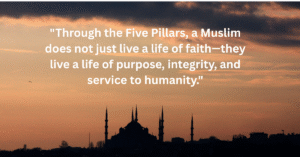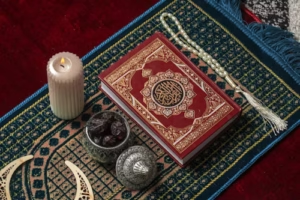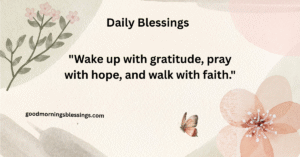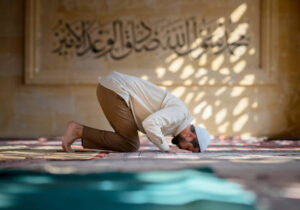What is a Muslim? Understanding the Essence of Islam and Faith
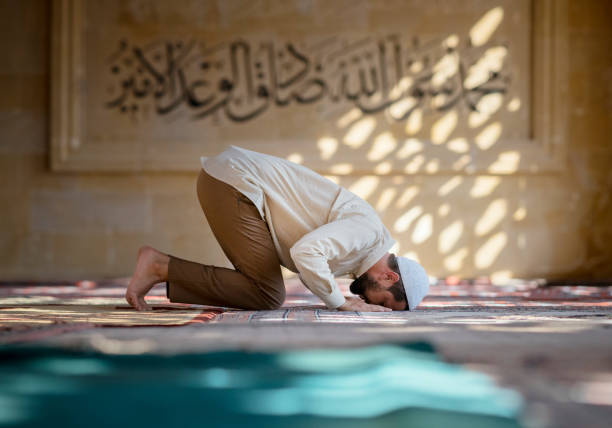
Muslim man is praying in mosque
Who is a Muslim?
A Muslim is someone who submits to the will of Allah, the One and Only God. The word “Muslim” comes from the Arabic word “Islam,” which means peace and submission. Therefore, a Muslim is a person who chooses to live a life in accordance with the commandments of Allah, as revealed through His final messenger, Prophet Muhammad (peace be upon him).
To be a Muslim is to follow a way of life that is both spiritual and practical. It means believing in the Oneness of Allah, the truth of the Quran, and the finality of Prophethood.
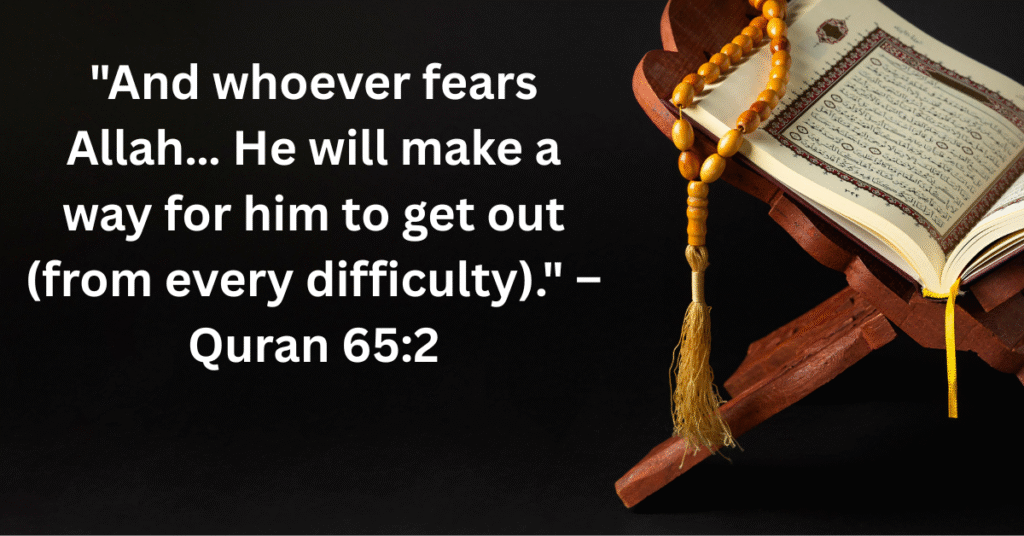
The Five Pillars of Islam
1. Shahadah (Declaration of Faith)
A Muslim begins their journey with this declaration:
“There is no god but Allah, and Muhammad is the Messenger of Allah.”
This statement affirms the core belief in the oneness of God and the prophethood of Muhammad (PBUH).
2. Salah (Prayer)
Muslims perform five daily prayers at fixed times. These prayers are a direct connection between the believer and Allah. Each prayer is a chance to seek forgiveness, ask for guidance, and show gratitude.
3. Zakat (Charity)
Muslims are required to give a portion of their wealth to help the poor and needy. It purifies wealth and promotes social balance.
4. Sawm (Fasting during Ramadan)
During the month of Ramadan, Muslims fast from dawn to sunset. It teaches patience, self-control, and empathy for those in need.
5. Hajj (Pilgrimage to Makkah)
Once in a lifetime, if financially and physically able, a Muslim must perform Hajj. It is a profound spiritual journey that unites Muslims from all over the world.
Beliefs of a Muslim
Beyond the Five Pillars, Muslims have six core beliefs:
- Belief in Allah – The One God who has no partner.
- Belief in Angels – Created by Allah, they perform various tasks.
- Belief in Divine Books – Including the Quran, which is the final revelation.
- Belief in Prophets – From Adam to Muhammad (PBUH), all were messengers of Allah.
- Belief in the Day of Judgment – A day when all will be held accountable.
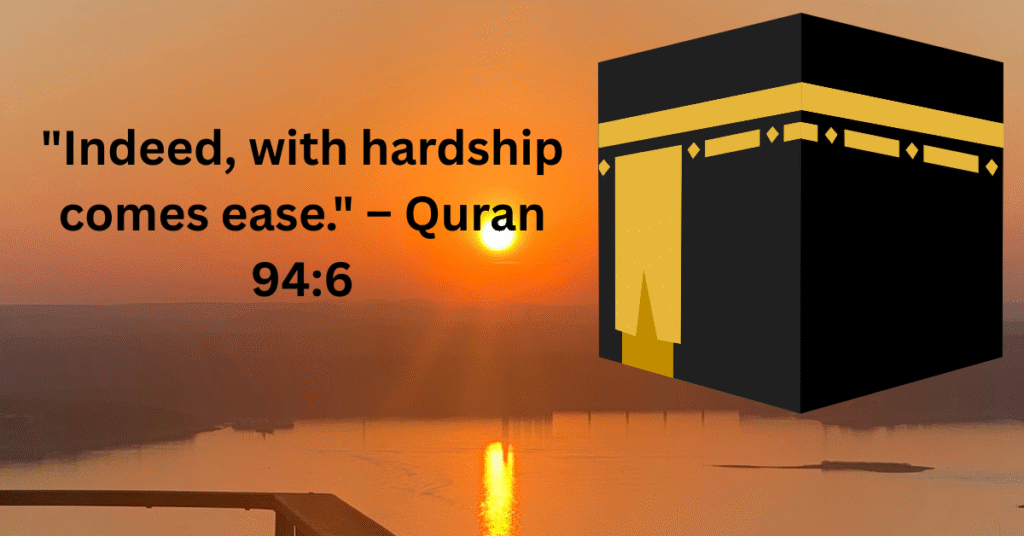
The Role of the Quran in a Muslim’s Life
The Quran is not just a holy book but a complete guide for Muslims. It contains teachings on worship, morality, family, law, and even social behavior. Muslims recite the Quran daily, especially in the early morning, as part of their good morning blessings and spiritual nourishment.
A verse from the Quran beautifully summarizes the essence of being a Muslim:
“Indeed, my prayer, my sacrifice, my living and my dying are for Allah, Lord of the worlds.” (Surah Al-An’am 6:162)
A Day in the Life of a Muslim
From Fajr (dawn prayer) to Isha (night prayer), the life of a Muslim revolves around the remembrance of Allah. Morning prayers often begin with as Muslims greet each other with “Assalamu Alaikum” (peace be upon you).
Their day may include:
- Reading the Quran in the morning
- Performing five prayers
- Helping others and doing acts of charity
- Reflecting on Islamic teachings
- Seeking knowledge and working with integrity
Islam: A Religion of Peace
Islam is often misunderstood, but at its heart, it is a religion of peace, compassion, and justice. The word “Islam” itself comes from the root word “Salam,” which means peace.
Muslims are taught to:
- Be kind to neighbors
- Respect parents
- Help the needy
- Avoid harming others
- Forgive and seek forgiveness
The Beauty of Being a Muslim
Being a Muslim is not just about rituals, but about living a life filled with purpose, humility, and spiritual connection. Whether it’s a simple morning greeting or a heartfelt prayer, every act is an opportunity to grow closer to Allah.
Muslims find beauty in:
- Waking up with good morning blessings
- Starting the week with Happy Monday Blessings
- Spreading positivity and good manners
- Practicing patience in difficulties
- Thanking Allah in every circumstance
Muslims Around the World
There are over 1.9 billion Muslims worldwide, making Islam the second-largest religion. From the deserts of Arabia to the mountains of Pakistan, the streets of Indonesia to the cities of Europe and the U.S., Muslims are diverse yet united by their faith.
Misconceptions About Muslims
Unfortunately, due to misinformation and media portrayal, many people have false ideas about Muslims. It’s important to clarify:
- Muslims do not worship Muhammad (PBUH); they worship Allah.
- Islam teaches peace, not violence.
- Women in Islam have rights and are highly respected.
- Muslims are encouraged to seek knowledge and contribute positively to society.
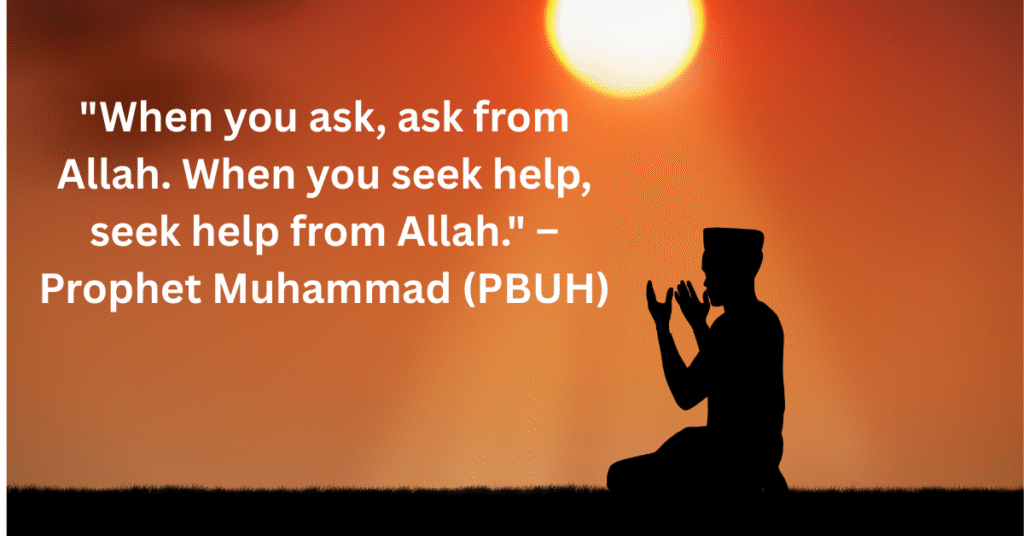
In conclusion
Living in accordance with divine purpose is what it means to be a Muslim. It entails accepting each beautiful morning as a gift from Allah, finding serenity in prayer, fortitude in endurance, and illumination in the Quran. A Muslim’s path is one of self-discovery, development, and the pursuit of an existence that pleases Allah both here on Earth and in the Hereafter.
The beauty of being a Muslim is found in the sincerity of the heart and the depth of faith, regardless of whether you’re a believer looking to rediscover your roots or someone learning about Islam for the first time.
FAQs
Q1: What does the term “Muslim” mean?
A Muslim is a person who adheres to Islam and submits to Allah’s will.
Q2: Does Islam consist solely of prayer and fasting?
No, it’s about a whole way of life that encompasses family life, charity, moral behaviour, compassion, and more.
Q3: Are Muhammad (PBUH) worshipped by Muslims?
No, Muslims worship only Allah and revere Muhammad (PBUH) as the last Prophet.
Q4: Why do Muslims offer five daily prayers?
It is a directive from Allah and a means of preserving a close spiritual bond all day long.
Q5: To a Muslim, what is the Quran?
The Quran is a comprehensive life guide and the last revelation from Allah.
Q6: Can Muslims and non-Muslims coexist peacefully?
Indeed, Islam promotes justice, peace, and respect for all individuals, irrespective of their religious beliefs.
Q7: Do Muslims have different cultures?
Yes, but the fundamental principles and customs of Islam are universal.
Q8: Why do Muslims say “Assalamu Alaikum”?
It symbolises the tranquilly of Islamic teachings and means “peace be upon you.”

